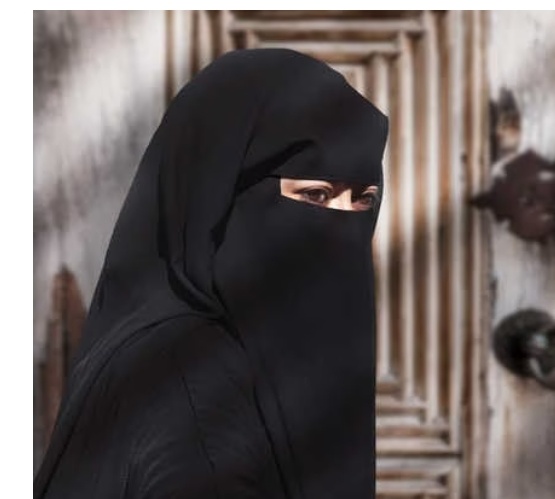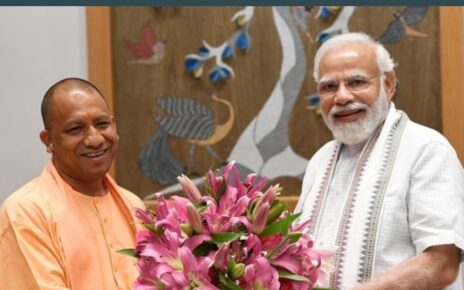The Karnataka government on Friday asserted before the Karnataka High Court that hijab was not an essential religious practice of Islam and the ban on wearing it in educational institutions didn’t violate the right to religion guaranteed under Article 25 of the Constitution.
“We have taken a stand that wearing Hijab is not an essential religious part of Islam,” Advocate General Prabhuling Navadgi told a three-judge Bench led by Chief Justice RR Awasthi.Navadgi said the practice of wearing hijab should also pass the test of constitutional morality as interpreted by the Supreme Court in various judgments, including the Sabarimala Temple women’s entry case.The hearing would resume on Monday.Several Muslim girls have challenged the Karnataka government’s February 5 order restricting students from wearing clothes that could disturb peace, harmony and law and order.The Karnataka High Court had on February 10 restrained students from going to educational institutions wearing religious dress. The Supreme Court had on Friday refused to intervene in the Karnataka hijab controversy even as it asserted that it will protect the constitutional rights of everyone and will take up the matter at the appropriate time.Navadgi rejected the charge of petitioner girls that the ban on wearing hijab or saffron scarves violated Article 25 of the Constitution.
Noting that Article 25 gave freedom of conscience and free profession, practice and propagation of religion to citizens, the Advocate General submitted that “If somebody wishes to exercise the right to freedom of religion, it has to be seen if this exercise affects public order, health and morality.”He pointed out that during the COVID-19 pandemic all the religious places were shut and the purpose for keeping the places closed was public health. The ban on hijab in educational institutions has to be tested in terms of morality, health and public order, he argued.




